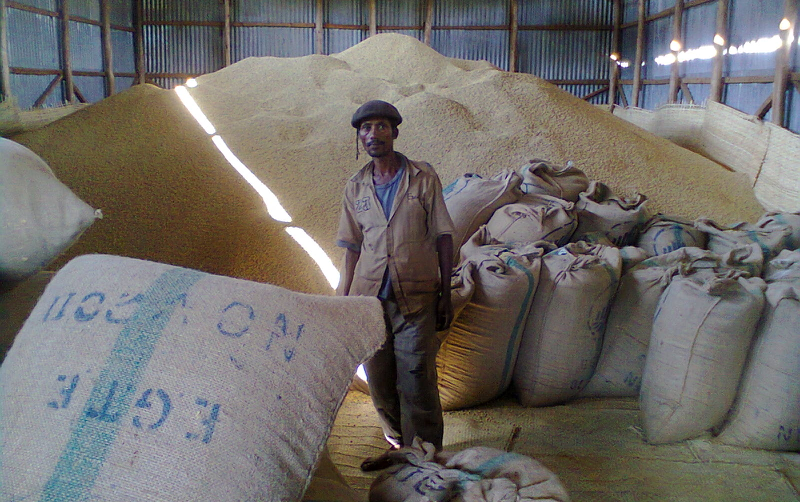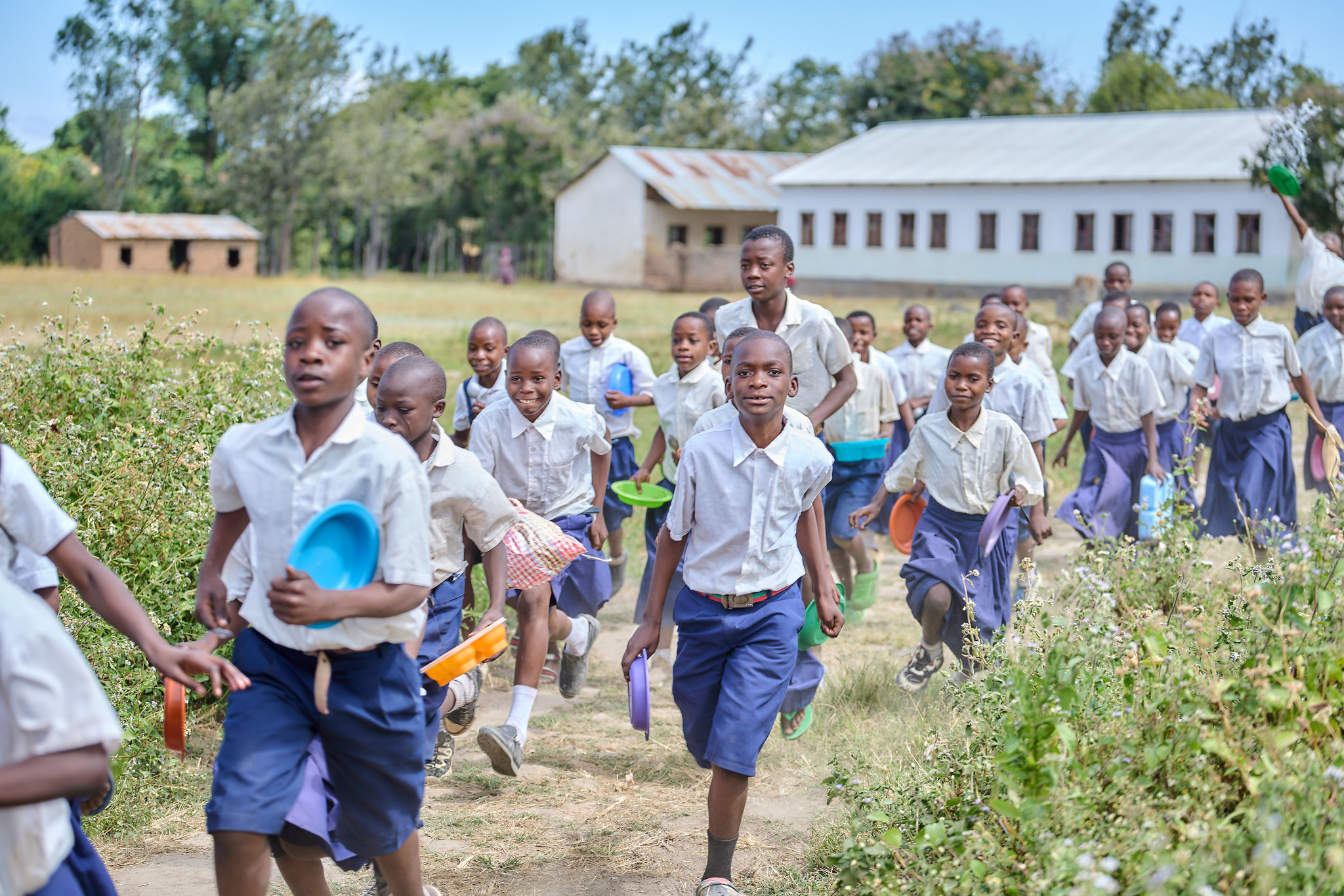Even though Ethiopia has improved practices and made important progress all along its coffee value chain, its coffee farmers lag behind. Improved coffee plant varieties remain out of reach for too many farmers, the adoption of better processing techniques has been slow, and the rising potential for disease and weather shocks due to climate change is leaving farmers increasingly vulnerable.
Coffee is one of the most important globally traded agricultural commodities, with consumption occurring mostly in developed countries and production in developing ones. Ethiopia is the biggest exporter of coffee in Africa, and coffee accounts for 22 percent of the country’s commodity exports. In global markets, Ethiopia’s Arabica coffee is valued for its unique taste. Ninety five percent of the country’s coffee is cultivated by an estimated 4 million primarily smallholder, often poor, farming households.
Yet despite its leading position in Africa and the positive changes made in the coffee trade in the last decade, the Ethiopian coffee sector is underperforming, according to recent research by IFPRI, the Ethiopian Development Research Institute (EDRI), and Bonn University’s Institute for Food and Resource Economics. Ethiopian yields are slightly higher than those of Kenya and Rwanda, but lower than Uganda’s—and only one half to one third the size of major Latin American producers’. Ethiopian farmers, meanwhile, receive a smaller share of export prices compared to most other countries.
Ethiopia has made steady, if incremental, progress to address these shortfalls. Farm visits by extension agents have significantly increased over the past decade, and the visits and the level of agent advice are credited with improved productivity. Agents have recommended practices such as planting improved cultivars, strategic pruning, and the rejuvenation of aging trees. Yields have increased through better use of leguminous shade trees, fertilizers (compost and manure), and weeding. A selective harvesting method has resulted in more homogenous and higher quality coffee; so has an increase in post-harvest wet washing of coffee cherries (the fruit that holds the coffee bean), and improvements in drying methods.
Marketing performance has also risen. Primary market centers have been established in rural areas to make local markets more transparent and competitive. Farmers now have more choice of traders to whom they can sell, and place more trust in the weighing practices of those traders. High international prices have helped incentivize this progress.
Nevertheless, several constraints have limited the potential impact of these advances on productivity and incomes. For example, despite government efforts to distribute improved seedlings, access to better varieties remains an issue: Almost half of farmers say they have a hard time finding reliable improved plants. Wet washing has not been widely adopted because 69 percent of farmers do not perceive it to be profitable. In addition, the certification of voluntary sustainability standards—increasingly demanded by international buyers—has been slow to take hold.
Disease and weather shocks are also important factors in coffee production, and these threats are expected to increase with climate change. Just over half of the plots surveyed in a 2014 study were found not to have suffered from disease. Ethiopian coffee trees have a biannual production cycle, but over the past 10 years, rising numbers of farmers have reported they experience two bad years for every good year. These changes are likely linked to climate change and likely to get worse.
But perhaps most significantly, many farmers still do not believe that investing in quality will pay off—and, at the producer level, in fact it often does not.
For instance, the establishment of primary marketing centers, where all coffee farmers are required to sell, appears to have come with its own set of problems. The quality of the traded product remains erratic: One third of processors believe there has been a decrease in the quality of the procured coffee cherries because of longer travel times to get to these marketing centers. And even though farmers now have more access to price information from wholesale markets than ever before, 82 percent say they cannot get it from the marketing centers. Farmers frustrated with this lack of well-functioning financial institutions may end up forgoing profitable options. For example, even though wet washing produces a higher quality product, 76 percent of farmers sell dried coffee beans as a way to spread their income over the year.
How to address these problems? A sustained combination of efforts can help. Increased access to and adoption of improved tree varieties, as well as other improved practices, would help to raise yields and to mitigate widespread disease issues. Better access to alternative savings options might lead to higher adoption of washed coffee practices, which could generate higher export earnings. Finally, a trading sector that allowed international incentives to reach the local producer, as well as traceability to individual producers that are currently anonymous because of the market centers’ institutional opacity, might improve the perception among farmers that increased quality offers substantial financial rewards.
Bart Minten is a Senior Research Fellow in IFPRI’s Development Strategy and Governance Division. He is based in Addis Ababa, Ethiopia.







